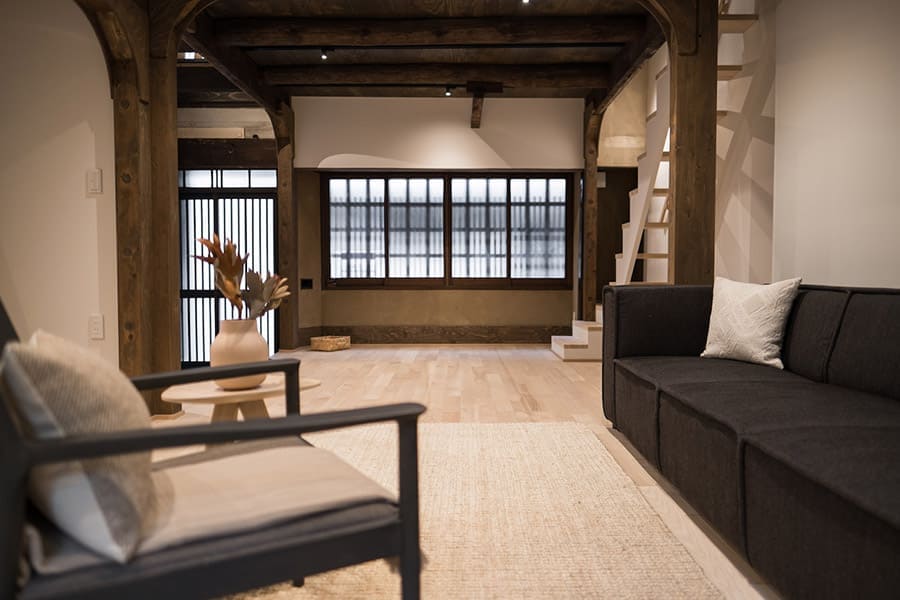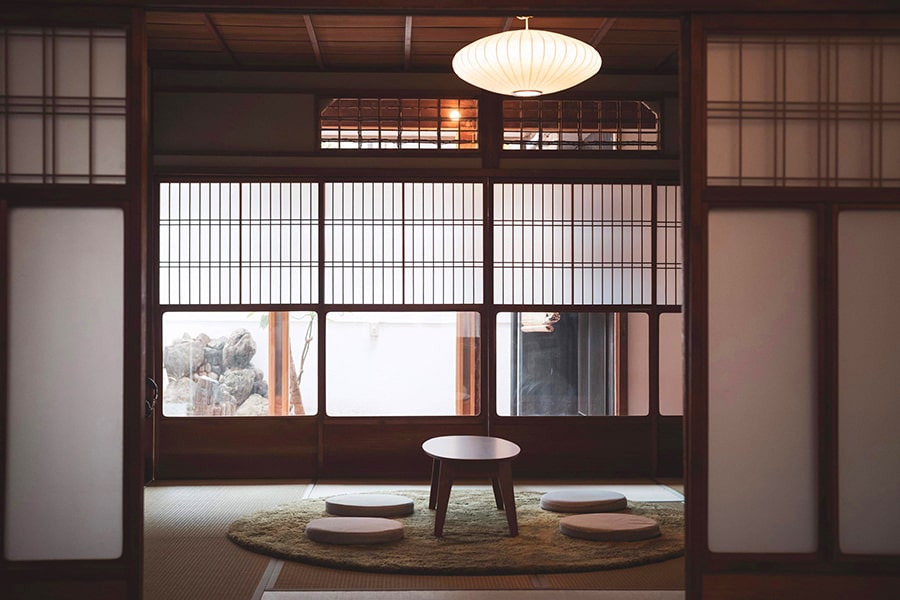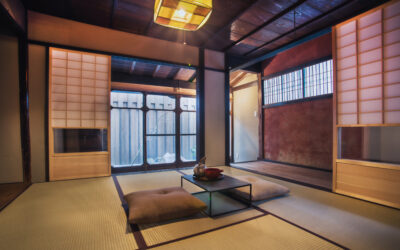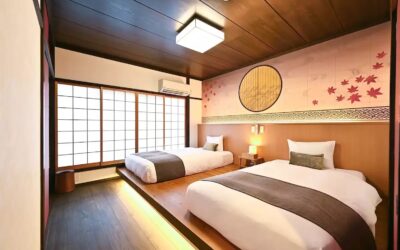When it comes to buying property in Japan, there are a number of factors to consider, including location, size, and price. But one of the most significant decisions you’ll need to make is whether to buy a new or an old property. Each option comes with its own set of advantages and disadvantages, so it’s important to weigh them carefully before making a decision.
Buying a new property in Japan can offer several benefits, such as modern amenities and the opportunity to customize the property to your liking. However, new properties can also be more expensive and lack the character and history of older properties. On the other hand, buying an old property in Japan can be a great way to own a piece of the country’s rich cultural heritage, but it may also come with higher maintenance costs and a greater risk of structural issues.
In this blog post, we’ll explore the pros and cons of buying new vs. old property in Japan, so that you can make an informed decision when it comes to purchasing your dream home in this beautiful country.

Pros of Buying New Property in Japan
- Modern Amenities: One of the most significant advantages of buying a new property in Japan is the modern amenities it offers. New properties often come equipped with the latest technology and features, such as energy-efficient appliances, smart home systems, and high-quality materials.
- Lower Maintenance Costs: New properties typically require less maintenance than older properties, which can save you money in the long run. You’ll have fewer repairs to make, and the property will be less likely to develop problems that require expensive repairs.
- Customization: If you buy a new property, you may have the opportunity to customize it to your liking. This can include selecting finishes, colors, and other features to make the property feel like your own.
- Higher Safety Standards: Newer properties are often constructed with higher safety standards in mind, including fire-resistant materials and earthquake-resistant structures. This can provide greater peace of mind for homeowners in the event of an emergency.
Cons of Buying New Property in Japan:
- Higher price: New properties in Japan tend to be more expensive compared to older properties due to their modern amenities and design features.
- Lack of History: New properties may lack the history and character of older properties. If you’re looking for a property with a story and a sense of heritage, a new property may not be the best option.
- Limited negotiation: When buying a new property in Japan, there is usually less room for negotiation compared to an older property, as developers have already invested a significant amount of money into the construction and design of the property.

Pros of Buying Old Property in Japan:
- Established Landscaping: Older properties often have established landscaping, including mature trees and gardens, that can add to the property’s charm and appeal.
- Larger Lot Size: Older properties may be situated on larger lots than newer properties, which can provide greater privacy and more outdoor space for homeowners to enjoy.
- Unique Features: Older properties may have unique features, such as shoji screens, tatami flooring, or traditional Japanese baths, that can add to the property’s cultural and historical value.
Cons of Buying Old Property in Japan:
- Outdated Features: Older properties may have outdated features, such as old appliances or inefficient heating and cooling systems, that can be expensive to upgrade or replace.
- Structural Issues: Older properties may be more prone to structural issues, such as foundation problems or termite damage, that can be costly to repair.
- Higher Renovation Costs: If you want to update an older property to modern standards, renovation costs can be significant. This can include everything from replacing the roof to updating the plumbing and electrical systems.
In conclusion, when deciding whether to buy new or old property in Japan, there are many important factors to consider. While new properties offer modern amenities and customizability, they can lack the charm and history of older properties. On the other hand, buying an old property in Japan can provide a sense of cultural heritage and may offer larger lot sizes, but also requires more maintenance and can come with structural issues.
Ultimately, the decision of whether to buy new or old property in Japan will depend on your individual needs, preferences, and budget. It’s important to weigh the pros and cons carefully and to take the time to thoroughly research properties before making a decision. By doing so, you can find the perfect property to meet your needs and create a home in this beautiful country that you’ll love for years to come.





